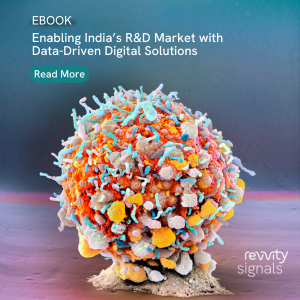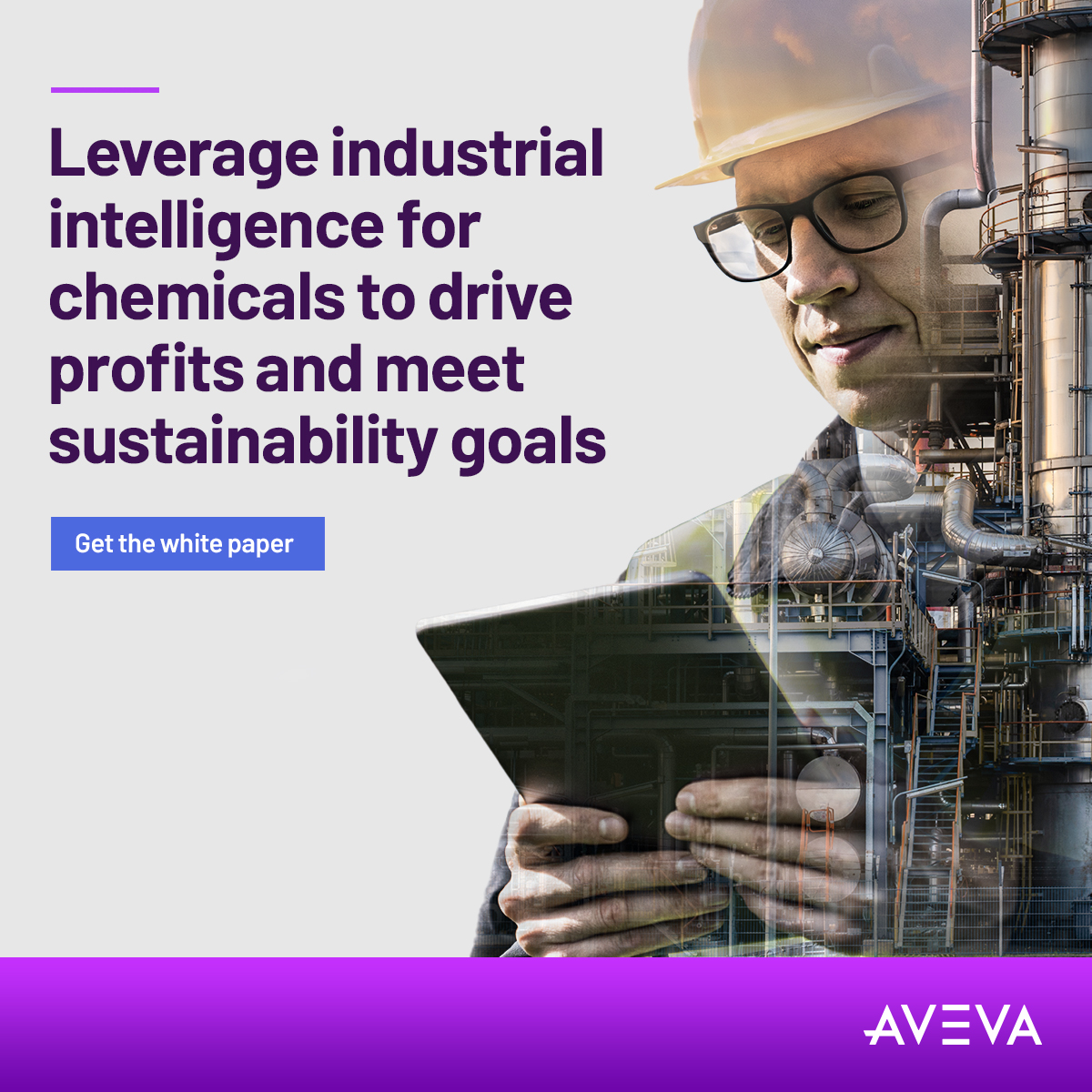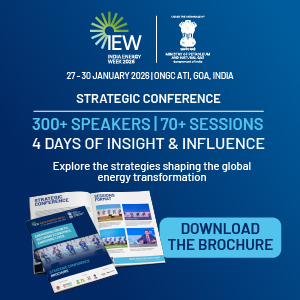Gallery
August 20, 2024
Targeting larger projects and diversified sub sectors: Thejamurthy Shivashankar, Managing Director, Triplan India
Tell us briefly about Triplan India and the services offered by the company?
Triplan in India offers design engineering and project management services for chemical and pharmaceutical manufacturing facility projects, R&D facilities, warehouses etc. The company is based out of Pune in Maharashtra and has presence in India since last 10 years and has an office area of around 15,000 square feet which houses 140+ engineering and design resources which can be scaled up to 180+ if required.
Can you explain to us about your global presence and German connection and how is this benefiting India operations?
Triplan in India is a 100% subsidiary of TTP Group in Germany. TTP Group owns two well-known brands Triplan & Pharmaplan. Both have a legacy of more than 50 years of existence in Europe. Triplan offers design engineering & project management for both chemical and pharmaceutical projects while Pharmaplan is focused on pharma and biotech projects. Between these two group companies, we have more than 27 offices in Germany, France, Switzerland, Belgium, Austria and India with 1,000+ resources globally.
Company's area of expertise and how do you plan to leverage your global footprint?
We have good process engineering capabilities which is the heart of any manufacturing facility whether it is a chemical or pharmaceutical project. We have all the engineering disciplines in-house and take support of our subject matter experts (SMEs) only when it is insisted by the client as a value addition. Otherwise, our engineers have experience in international projects working alongside their counterparts from different European offices and have significant expertise on many latest software.
Who are your clients in India and abroad? What are your ongoing projects?
Bayer is our key client both in Europe and India. We have designed projects for many reputed clients in India like Lanxess, Reichhold, DCM Shriram, Alkyl Amines, Castrol, Aditya Birla (ABIL), Grasim, GFL, Cadila, and Aarti. We have many ongoing projects which we can’t disclose as it is confidential in nature.
Are you selective on the choice of clients and business verticals that you focus on?
We have a very wide bandwidth when it comes to our project portfolio. We execute both greenfield and brownfield projects and small & large projects for Indian and multinational clients in India and abroad. It all depends on who the client is and also on our business strategies.
What is your USP as a design engineering and project management firm?
We offer our services for all phases of projects like concept and basic design, detailed engineering, procurement assistance, construction management and commissioning assistance. We do the complete handholding throughout the lifecycle of the project. We take into consideration the safety and sustainable design aspects at the concept stage of the project itself.
We promote lean and modular designs which offer flexibility and also the facilities with lowest cost of ownership with optimum Capex and Opex. We are a very flexible collaborative partner with a business model to suit our clients’ interests and we are easily accessible to our customers for any escalations.
We document the lessons learnt from each project and brainstorm on them to improve ourselves for the future projects. We also maintain German quality and precision in our design and project deliveries.
What portion of your revenue comes from international markets? What is your preferred business model?
Normally many of the multinational consultants like us work as low cost engineering centres for their parent company and dedicate 100% or around 50% for them. But we do the majority of work, say more than 80% for the domestic market in India as our employees would like to work more on Indian projects as each and every project is unique and more challenging.
Can you tell us about the challenges faced by you from the clients in the Indian market?
Indian clients have great expectations of quick project deliveries at exceptionally less cost. However many times it so happens that we get delayed inputs from clients and hence the project doesn’t move at the expected pace. We have pricing pressures because of competition from Indian consultants and also delayed decisions from clients regarding the project take off. Many of the times are influenced by the Chinese competition in India and their export markets.
What are your expectations from your clients?
We expect our clients to appreciate the value additions a design engineering firm like us brings to the project. Many of the times projects are designed and executed in a more conventional and unscientific manner from in-house team and a contractor which they end up spending more money and time with high operational costs which would be a recurring loss.
How do you address the challenges? Going forward, what are your plans?
We are a progressive company with only 10 years of existence in India. We have plans to be more aggressive in the market targeting larger projects and diversified sub sectors. We will be also looking at some international projects but we don’t want to increase our share of business with our European projects. We also would like to work more closely with our clients at the conceptual stage of the project so that we can leverage our experience and expertise to add value and be part of a successful project.


















